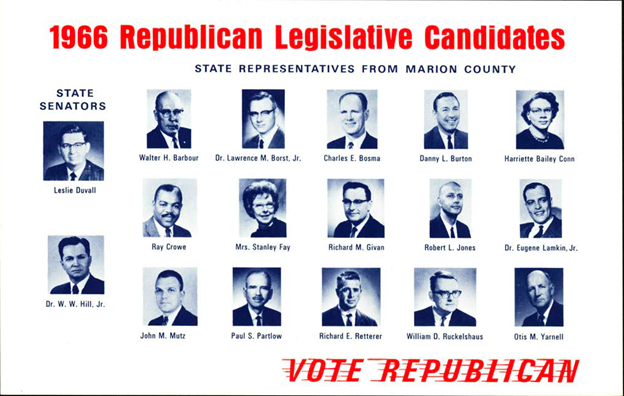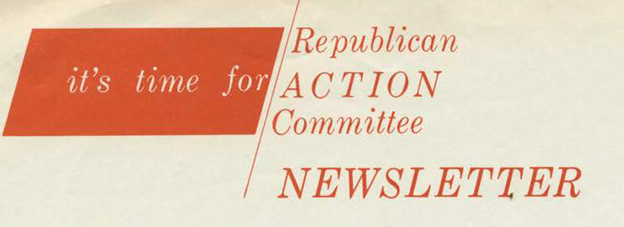
Purchase Tickets
An Examined Life: The John Mutz Story
October 29, 2020

How does a historian whose work focused on those “boring railroad presidents” end up collaborating on a memoir of a living Hoosier businessman, philanthropist, and politician? Some would say the answer was dumb luck. Others would argue it was fate. But it surely was both memorable and invaluable to my development as a historian, writer, and human being. An Examined Life: The John Mutz Story was a collaboration years in the making. It has been one of the most rewarding experiences of my professional life.
I came to work with John because of individuals, organizations, and institutions. Key among those individuals was the eminent historian James Madison. I knew Jim through service on the Board of Directors of Indiana Humanities. I would later learn that John, too, had served a stint on this board, which was a measure of poetic justice. In short, John had hoped that Jim might be able to work with him on the project. He could not, but mentioned me as a (much lesser) alternative. In turn, Jim told me that I really should meet with John. He promised I would be impressed. Was I ever.

John Mutz was part of the legendary slate of Republican candidates swept into office in 1966. This group included future State Senator Larry Borst, legendary Crispus Attucks basketball coach Ray Crowe, Harriette Bailey Conn, Dr. “Ned” Lamkin, and future EPA chief William Ruckleshaus. Available at the University of Indianapolis Digital Mayoral Archives.
My work with the University of Indianapolis’s Institute for Civic Leadership and Mayoral Archives meant that I had a framework for understanding at least a portion of John’s political career. A quick glance through archival materials made it abundantly apparent that John was at the center of the most consequential changes in modern Indianapolis. I had been fortunate to do some work with his contemporary peers, legendary Indianapolis mayors Richard Lugar and William Hudnut. That gave me some points of common reference, which I knew would be important if I were to work with John.

Left to right: Dr. E. Henry “Ned Lamkin, Richard Lugar, John Mutz, Gregory Ballard, and Ted Frantz at the taping of a program about Unigov, December 2017
After some initial meetings, John and I set into a pattern. He had rough chapter outlines, some notes, extant oral histories and photos. We agreed that we would tag team on chapters, some of which were more traditional than others. In some cases, as with the chapters on Unigov and the Republican Action Committee, I was able to operate in a manner that was more familiar to me: delving into secondary sources, newspapers, memoranda and copious archival notes. In other cases, I had a lot of work to do. In order to understand John’s imprint, I would have a lot of remedial work if I were to understand philanthropy, finance, or corporate governance.

(Indy Digital Mayoral Archives, L. Keith Bulen Collection, Box 29)
The greatest puzzle also proved to be the greatest creative leap: how does a professionally trained historian learn to write in the first person? More dauntingly, how could I know what John thought? This was a challenge I learned to love. If I were too cheeky, used too much levity, or got things wrong, John let me know. Imagination, empathy, and creativity bridged our worlds.
I would remiss if I failed to mention how wonderful Ray Boomhower was in shepherding our project through the Indiana Historical Society Press. A gifted historian himself, Ray made sure that we stayed on track and saved us from more than a few errors.
John often talks about many of the events of his life being a series of happy accidents. This project was the happiest of accidents I could have ever hoped for. In the process, I have grown as a scholar and as I person. I am fortunate to count John as a trusted mentor and friend. John’s life has provided me with a lifetime’s worth of lessons. I hope they touch you, too.









